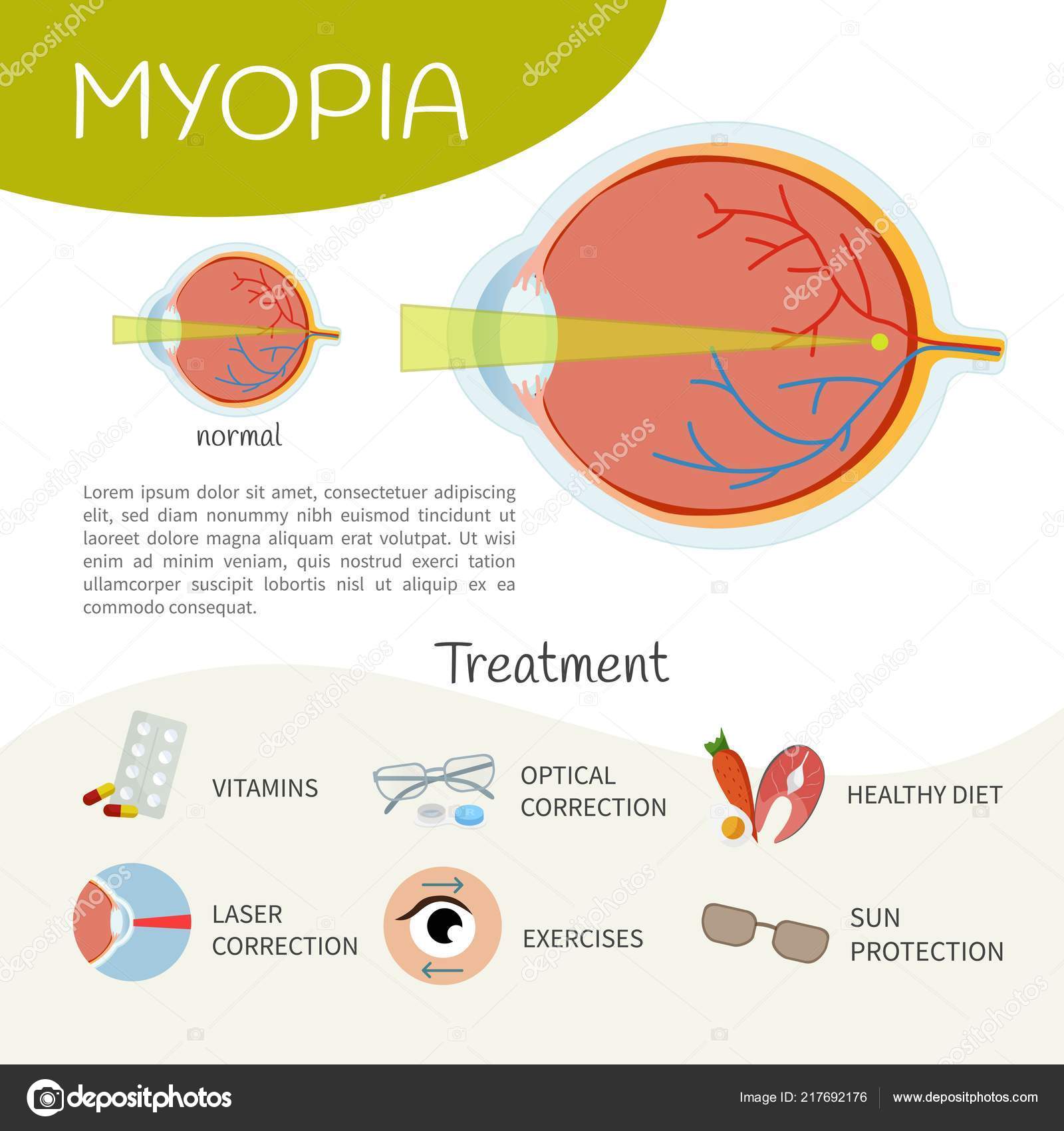Frequently Asked Questions About Lasik Eye Surgical Procedure

Content by-Skou Ryan
Before LASIK, your eye doctor will evaluate your vision to see to it it is steady. She or he will additionally check to see if you have any other eye issues that could impact your outcomes.
After the eye doctor has used numbing eye decreases, he or she will certainly create a paper-thin flap in your cornea tissue using a device called a microkeratome or laser. The procedure is painless.
What Is LASIK?
LASIK is a kind of refractive surgical procedure. It fixes vision problems brought on by refractive errors, which take place when the cornea or lens don't correctly bend light rays.
Most people that have LASIK achieve good range vision without glasses or contacts. Nonetheless, they may need reading glasses to see close. The outcomes of LASIK are irreversible, although visual side effects are short-lived.
Can I Have LASIK if I Have Astigmatism?
Fuzzy vision is usually caused by astigmatism. LASIK can aid with this issue by making your cornea extra symmetrical. The cosmetic surgeon will certainly make use of a tool called a microkeratome or laser to reduce a slim flap in your cornea, after that fold it back. They will after that make use of a laser to improve the cornea so it can flex light far better.
The only point that LASIK can't do is proper presbyopia (age-related farsightedness). This can only be made with cataract surgical treatment.
Can I Have LASIK if I Have Dry Eye?
A crucial part of the LASIK assessment is testing exactly how well your eyes create splits. Some individuals with dry eye are incapable to get LASIK due to the fact that it can intensify the condition.
Dry eye is a common negative effects of LASIK because the treatment cuts corneal nerves. However, it generally enhances as the eye heals. You can make use of artificial tears as well as punctal plugs to handle your symptoms.
Can I Have LASIK if I Have a Cataract?
Most of the times, yes. LASIK can improve your vision after cataract surgery.
When you have a cataract, your lens is gloomy and also your close-up vision is blurred. LASIK can help with this, as well as your distance vision.
During LASIK, your cosmetic surgeon will use a laser or a blade to create a thin flap on your cornea. After that the specialist will certainly fold up the flap back and make use of a laser to improve your cornea.
Can I Have LASIK if I Have a Retinal Detachment?
Retinal detachment usually arises from a retinal tear. Vision Therapy will repair the tear with an in-office procedure called pneumatic retinopexy. After the eye is numbed, the medical professional inserts an expandable gas bubble into the eye to push the detached retina versus its assistance tissue.
LASIK doesn't appropriate presbyopia, which establishes as you grow older as well as causes blurry close-up vision. Nevertheless, it can be combined with mono-vision to minimize or eliminate the requirement for reading glasses.
Can I Have LASIK if I Have a Hyperopia (Farsightedness) or Myopia (Nearsightedness)?
Many health insurance companies don't cover LASIK due to the fact that it isn't considered medically necessary. Nevertheless, they might reimburse people for lens implants if a cosmetic surgeon belongs to their network.
Before you undertake LASIK, your ophthalmologist will do a detailed eye test. This will certainly consist of inspecting your general eye health, student size as well as refractive error. He or she will certainly additionally measure the density of your corneas.
Can I Have LASIK if I Have Presbyopia (Aging Eyes)?
LASIK does not address presbyopia (loss of close to vision related to age). Rather, http://jarred231terina.booklikes.com/post/5674263/frequently-asked-questions-about-refractive-surgical-treatment-answered by reshaping the cornea.
After numbing drops and also covering the eye with a guard or patch, the specialist develops the flap. Then the laser improves the cornea. You might hear a clicking audio and scent an unusual aroma. This is typical as well as does not create harm.
Can I Have LASIK if I Have Keratoconus (Bent Cornea)?
In LASIK, your specialist will certainly make use of a femtosecond laser to cut a thin flap in the cornea. They will after that fold it back and also use a various laser to reshape your cornea.
Your vision is based on exactly how light enters your eye, bends with the lens and also focuses on the retina. Refractive mistakes keep light from concentrating properly as well as trigger blurred vision.
Can I Have LASIK if I Have Blepharitis (Inflammation of the Eyelids)?
Many clients pick LASIK because they desire liberty from glasses or get in touch with lenses. It is necessary to discuss your goals with your eye doctor before having the procedure.
LASIK is not uncomfortable. Eye declines are put to numb your eyes prior to the surgery. more resources of individuals explain feeling a slight pressure however no discomfort. Recovery from LASIK is fairly fast. Your vision will certainly be a little blurred and light delicate right after surgical treatment however ought to boost promptly.
Can I Have LASIK if I Have a Corneal Density Problem?
LASIK corrects vision by reshaping the corneal tissue. To do this, the cornea should be thick sufficient for the doctor to create a flap.
If your corneas are as well thin, you may be a candidate for laser vision improvement treatments that do not require developing a flap, such as PRK or Epi-LASIK. These treatments have comparable outcomes to LASIK yet work in a different means.

